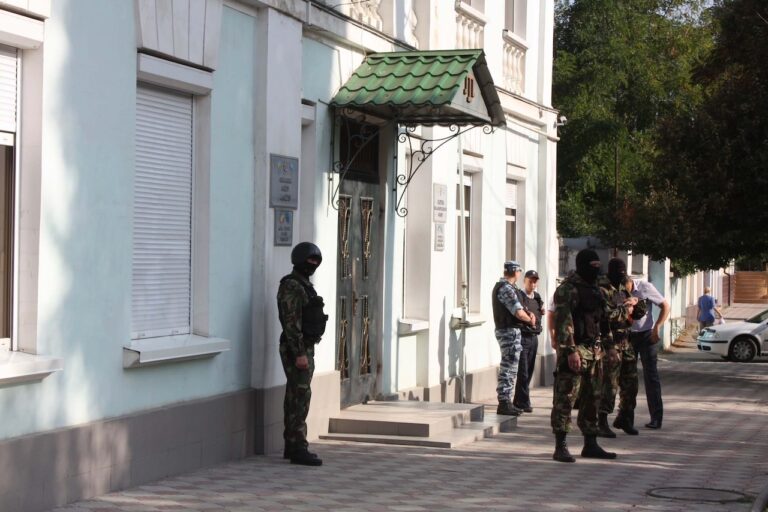“The court’s conviction of Ildar Dadin marks the first time Russian authorities have relied on amendments added in 2012 to the article 212 of the criminal code, which criminalize political dissent,” said Daniel Calingaert, executive vice-president of Freedom House.
This statement was originally published on freedomhouse.org on 7 December 2015.
In response to a Russian court’s sentencing civic activist Ildar Dadin to three years imprisonment for participating in unsanctioned protests, Freedom House issued the following statement:
“The court’s conviction of Ildar Dadin marks the first time Russian authorities have relied on amendments added in 2012 to the article 212 of the criminal code, which criminalize political dissent,” said Daniel Calingaert, executive vice-president. “The Russian Federation should respect fundamental human rights, including the freedom of speech and freedom of assembly.”
Background:
On June 8, 2012, Russian President Vladimir Putin signed into law a measure imposing heavy fines and possible imprisonment on people convicted of organizing or taking part in unsanctioned protests. The amendments violate Russia’s obligations to respect fundamental human rights enshrined in Russia’s constitution, the European Convention on Human Rights, and the International Covenant on Civil and Political Rights, as well as its commitments as part of the Organization for Security and Cooperation in Europe (OSCE).
Dadin participated in demonstrations protesting Russian actions in Ukraine, and in favor of LGBTI rights.
Russia is rated Not Free in Freedom in the World 2015, Not Free in Freedom of the Press 2015, Not Free in Freedom on the Net 2015, and receives a democracy score of 6.46 on a scale of 1 to 7, with 7 as the worst possible score, in Nations in Transit 2015.


